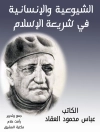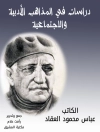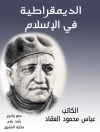To appreciate the theological genius of Hans Urs von Balthasar, we must note his inseparable connection with Adrienne von Speyr. Balthasar referred to Von Speyr as the inspirational source of his theological vision and literary achievements. Says Balthasar: ‘Her work and mine are neither psychologically nor philologically to be separated: two halves of a single whole, which has as its center a unique foundation’ (My Work: In Retrospect, 105, 89).
This ‘unique foundation’ is a mystical apprehension of the immanent Life of the Trinity. At the heart of the Trinity, Balthasar and Speyr see a primordial Mystery of Kenosis, i.e., self-dis-possession. Balthasar terms this Trinitarian self-expropriation Ur-kenosis, since the self-emptying (kenosis) within the Trinity applies not only to Christ but also to the Father and the Holy Spirit. The Father divests himself of himself in the begetting of his Son; the Holy Spirit is the fontal Power of self-abnegation (kenosis) within the Trinity, so ‘emptied of himself’ that he, as Spirit, is absolutely incognito.
DIVINE KENOSIS is an attempt to draw attention to the neo-patristic synthesis and anagogical vision promoted by Han Urs von Balthasar and Adrienne von Speyr. It is also an extension of my personal mission to ‘promote a Trinitarian vision of deification and contemplative prayer.’
关于作者
PHILIP KRILL is a Catholic priest of the Archdiocese of St. Louis, MO












